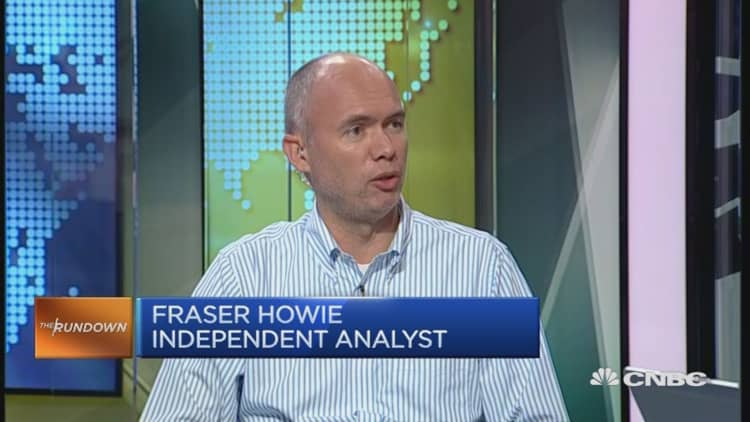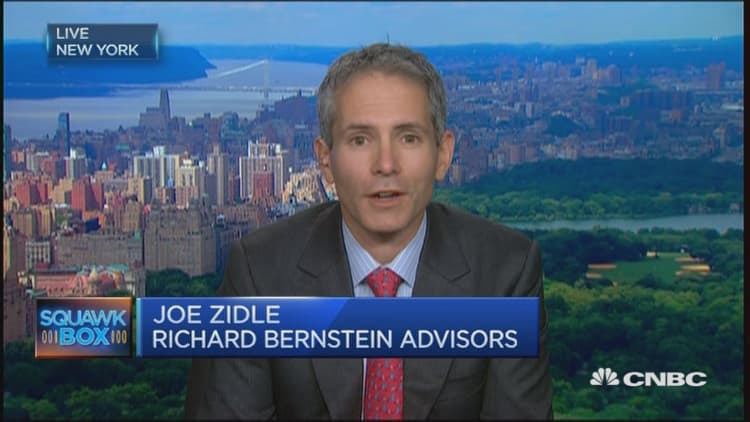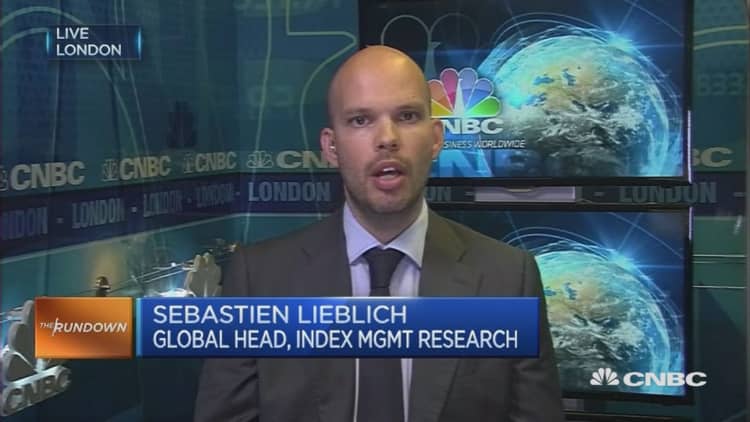


China is likely feeling slighted as Pakistan gains entry into one of the world's most popular emerging markets equity indices while mainland shares were left out. But Beijing could take a few pointers from the South Asian country.
On Tuesday, U.S. analytics firm MSCI announced it was postponing the inclusion of mainland A-shares into its Emerging Markets (EM) Index as Beijing continues to facilitate market accessibility for global investors, marking the second such delay. With about $1.5 trillion in assets under management tracking the EM Index, China is keen to tap those funds as foreign investors search for returns outside their home markets.
Not only is the news a blow to President Xi Jinping's administration amid the nation's attempts to make China a respected player on the international financial stage, MSCI's decision to upgrade Pakistan—a country more known for its history of political strife rather than financial returns—to EM status likely further rubbed salt into China's wound.
Without A-shares, the Chinese stocks listed in the EM Index are all traded in either Hong Kong or the United States. That means the world's second-largest economy makes up only about one-fourth of the benchmark index; projected full inclusion of A-shares would bring that ratio to more than one third.
"This is the most important part that China should be asking itself: Why is that after 26 years, Pakistan is ahead of us and neutral to view? What is it that China can't do that Pakistan can do?" questioned Frasier Howie, an independent market analyst.
Stability may be the answer.
Pakistan was actually part of the EM Index from 1994 but the Karachi Stock Exchange's temporary closure in 2008 due to a liquidity crunch amid the global financial crisis forced MSCI to drop the country at the end of that year. In 2009, Pakistan was included in MSCI's Frontier Markets Index and the firm warned that the market needed to function without any trading disruptions for some time before being considered for reclassification in its EM Index.
"That's an interesting lesson from Pakistan....You had to have a period of time where investors got comfortable with the idea that they wouldn't close the market again," noted Adrian Mowat, managing director and chief Asian and emerging market equity strategist at J.P. Morgan.
In the same vein, many critics believe the volatility now synonymous with Chinese markets must cool before the MSCI acceptance can happen. Shanghai and Shenzhen stocks had a turbulent 2015, characterized by panic selling, voluntary trading halts and aggressive buying by state-backed funds. The instability persisted into early 2016 with the introduction of circuit breakers that triggered early market closures.
"One can say that the circuit breakers earlier in the year and interventionist measures by the Chinese government through the national team make one wonder if A shares can be considered a true market—and this is why MSCI's decision is delayed to monitor progress made thus far," explained Trinh Nguyen, Asia emerging economist at investment bank Natixis.
Social media users on Weibo, China's version of Twitter, echoed those sentiments.
"The Pakistani KSE100 Index has risen by 14 percent so far this year, leading all the stock markets in Asia. MSCI decided to include it. What does it tell us? MSCI needs a healthy stable and promising market instead of a market that either hikes or plummets crazily," said one user by the name of 'Wild Mountain Men.'
Karachi is Asia's best performing stock market this year and stocks leapt to a record high on Wednesday on the back of MSCI's decision.
Pakistan also boasts better fundamentals in some regards.
On paper, its inclusion may appear a big snub to China but many don't realize that the Karachi Stock Exchange runs a more open market, one that gives foreign investors easier capital mobility, said Mowat.
Pakistan's reclassification also acknowledged the nation's progress in macro stability and corporate governance, stated Nguyen. Under Prime Minister Nawaz Sharif, the country has managed to avoid an external payments crisis thanks to an International Monetary Fund (IMF) loan program and Chinese investment. The IMF is due to meet at the end of June to approve Islamabad's next tranche of funds, estimated around $510 million.
In the longer-term, Pakistan's inclusion gives investors alternatives to markets with decent growth and low correlation to the volatility in the rest of the world, Nguyen said.

